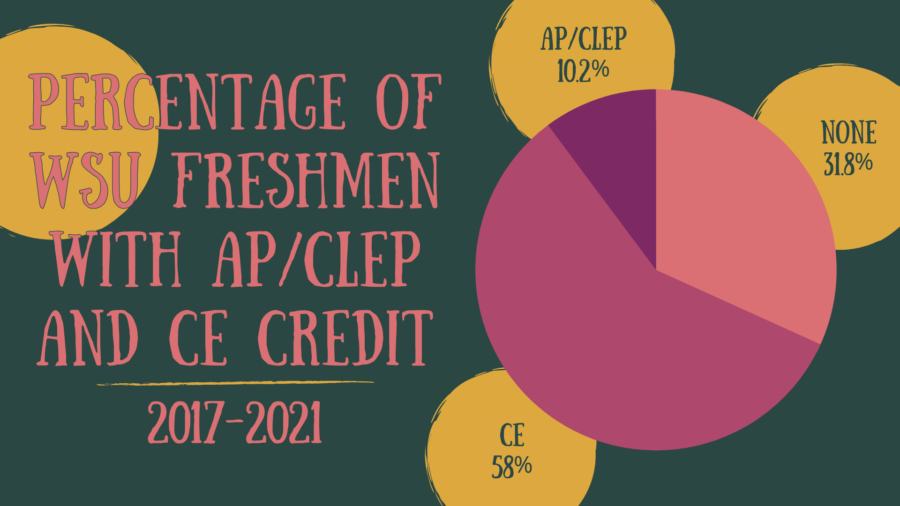
Math — a career choice for some or an average hurdle among classes for others — is a necessary step for college students.
Either way, from general education requirements to engineering degrees, students will generally have to take at least one math class while they’re at Weber State University.
The way students are being placed into those math courses is changing. On March 31, WSU switched the official math placement test over to a program called ALEKS.
ALEKS stands for Assessment and Learning in Knowledge Spaces and is a McGraw Hill education tool.
ALEKS has artificial intelligence technology that learns what a student understands in a test.
More specifically, the program “uses adaptive questioning to quickly and accurately determine exactly what a student knows and doesn’t know in a course,” according to the website.
Beyond simply being a testing tool, ALEKS is also a learning module. Students can use ALEKS to prepare for their tests, and in some cases, can even help students skip courses, according to Developmental Math Director Kathryn Van Wagoner.
For example, if a student was placed in 1010 without successfully completing the learning modules, with enough time spent, (approximately ten hours) that student could learn enough to be placed into 1030.
ALEKS can place students anywhere from MATH 950, which is a basic skills pre-algebra course, all the way up to Calculus 1.
Students can access ALEKS from any computer, anywhere. There are five tests available, and students have the option to take all five or just the first one.
However, for the test to count as a placement assessment, the test must be proctored in a testing center.
After each test, students must spend a minimum of one hour in the learning modules to be able to retest.
ALEKS currently costs $15 for students to purchase, plus an additional $5 proctored testing fee to take the test in a testing center.
How the ALEKS program works is clear, but what may be less obvious to students is why the university is leaving the former math placement assessments behind.
The answer to this question is in the word, assessments. As in, multiple assessments were used to place students. There were two separate assessments, which created placement problems for students.
About three years ago, it became clear that Weber’s main math placement test, the ACCUPLACER test, was not accurately placing students in Developmental Math courses.
At that time, the Developmental Math Department switched from ACCUPLACER to a program called Math Mastery, which was based on the course material and software in the Developmental Math courses.
In solving one problem, the addition of Math Mastery created another.
“When a student came to take a test, they’d have to decide, ‘Well, am I more likely to go into developmental math, or am I more likely to go into college level math?’ before they took a test, so they could figure out which test to take,” said Van Wagoner, “This was not ideal.”
Now with ALEKS, students no longer have to guess which test they should be taking.
“To me, that’s a huge thing,” said Van Wagoner.
Van Wagoner said that students who have their hearts set on taking the ACCUPLACER test still can — at least for now — though ALEKS is the preferred placement method.
She also hopes that students will take the time to go through the learning modules to prepare.
The goal, according to Van Wagoner, is to accurately place students with the testing and save students money with the learning modules, so they don’t have to take as many classes in the long run.
Students with questions about ALEKS and the
switch from ACCUPLACER can contact the Developmental Math Department at [email protected], or by visiting the
testing center website.




















